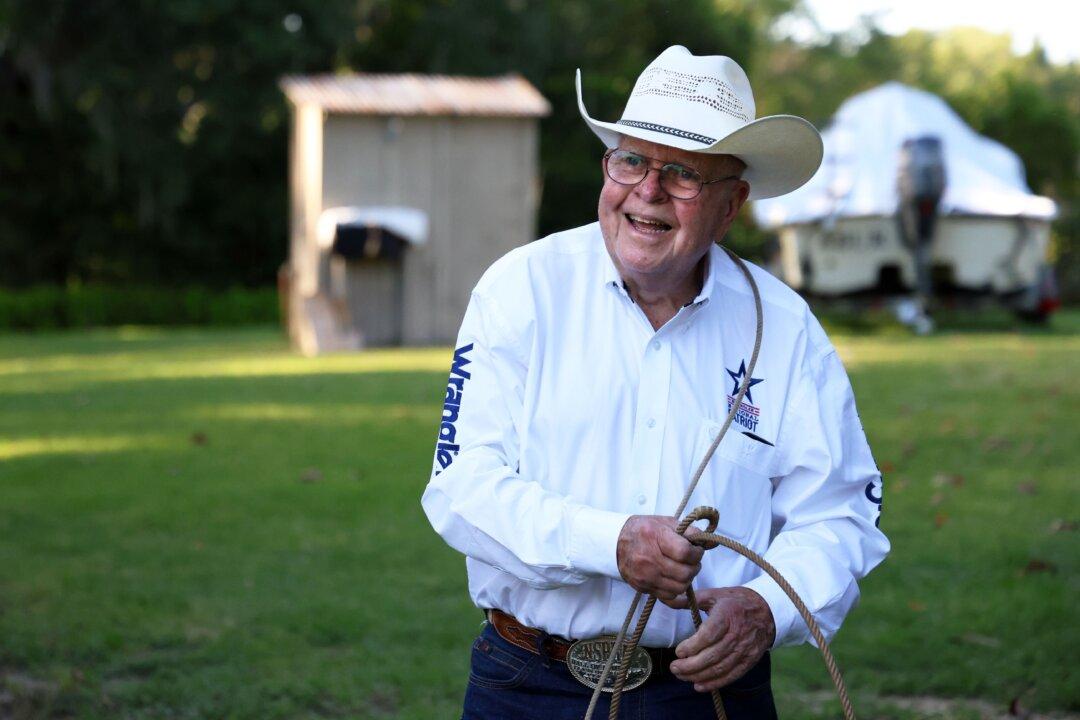OCALA, Fla.—Proposed legislation to allow gambling to continue at a major Florida facility even if horse racing is removed won’t be a finisher this year.
During this session of the Florida Legislature, the legislation affecting the state’s lucrative thoroughbred horse-racing industry initially appeared to be off to a strong start, with lawmakers in both the state House and the Senate moving their respective bills—HB 105 and SB 408—quickly toward the finish line.




